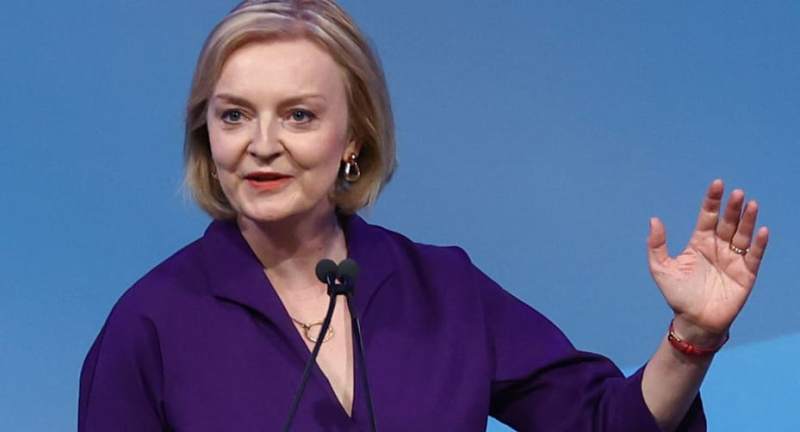The new government’s choice to institute the largest tax cut in 50 years while boosting government spending and borrowing with inflation near 40-year highs caught investors off guard. Citibank analysts called the decision a “huge, unfunded gamble for the UK economy.” The news sent markets plunging.
Truss is defending her actions by referencing Reagan’s trickle-down ideals. She believes that the government incentivizing businesses to invest will help ordinary people with their taxes.

Do you think she’s right? Let’s dust off our history books and see what we can find out.
Interesting parallels:
Reagan argued that tax cuts would stimulate productivity when he arrived in Washington in 1981. He championed a sweeping tax cut that was passed by Congress later that year.
Truss’ government is trying to say that lowering taxes does not mean prices will automatically go up. They claim that when Reagan was in office, inflation actually decreased while growth increased.
While this may be true, it came at a cost. US Treasury estimates show that because of Reagan’s tax cuts, federal revenue went down about 9% in the first few years.
While unemployment continued to increase, Congress realized that the expansive tax cuts were not feasible. They raised taxes significantly with Reagan’s approval in 1982, 1983, 1984 and 1987.
A lesson from history:
A huge risk to the UK currency is also present when tax cuts are too big to be sustainable. The Hutchins Center for Fiscal and Monetary Policy writes that when tax cuts are too big, they’re often followed by tax increases.
With a strong currency, inflation can be controlled and imports can be made cheaper, unlike the British pound, which is at record lows because of the Reagan tax cuts.
The bottom line:
As long as tax policy does not change tack, Sterling underperformance is likely to persist for longer, said Goldman Sachs economist Kamakshya Trivedi on Monday.
A strong dollar and weakening pound are hurting markets around the world. About 30% of S&P 500 companies’ revenue is earned outside the U.S.
When taxes were cut so much in Britain, inflation erupted, debt soared and an IMF bailout was necessary. According to Fiona Cincotta, City Index’s senior financial markets analyst, the pound is struggling to recover. “Investors are leaving UK assets at a rapid pace, and who can blame them?”
What the pound’s crash means for inflation and interest rates?
An economy in recession may suffer from a falling pound. Importing essential goods typically purchased in US dollars becomes more expensive as sterling falls. Millions of households face a cost-of-living crisis as a result of decades-high inflation.
Investors expect Britain’s central bank, the Bank of England, to increase interest rates much more aggressively in order to control inflation.
British government and central bank tensions could also cause volatility. The Truss government wants to boost demand to ease a recession, while the Bank of England is trying to cool the economy so it can prevent price increases. Confidence will be reduced.
No prisoners are spared in the Fed’s inflation fight
According to CNN’s chief business correspondent Christine Romans, global central banks are raising interest rates without end in sight.
Here are five groups feeling the pain as a result.
Investors:
Bond yields are rising, making stocks appear less appealing. Wall Street is aware that the Fed will remain aggressive. Goldman Sachs cut its S&P 500 price targets to 3,600 from 4,300. The soft landing seems more difficult.
Homebuyers:
The interest rate on the same house purchased a year ago has more than doubled from 2.87% to just over 6% last week.
Car buyers:
New car loans began the year at 3.85%. They are now hovering over 5%.There are still supply-chain problems related to the pandemic affecting the car market. Higher interest rates make financing a car even more expensive.
Workers:
For inflation control, Powell and the Fed have been clear that a higher jobless rate will be tolerated, and even desired. 3.6 million Jobs have been added back to the US economy, but the Fed’s inflation crusade may result in 1.2 million job losses.

